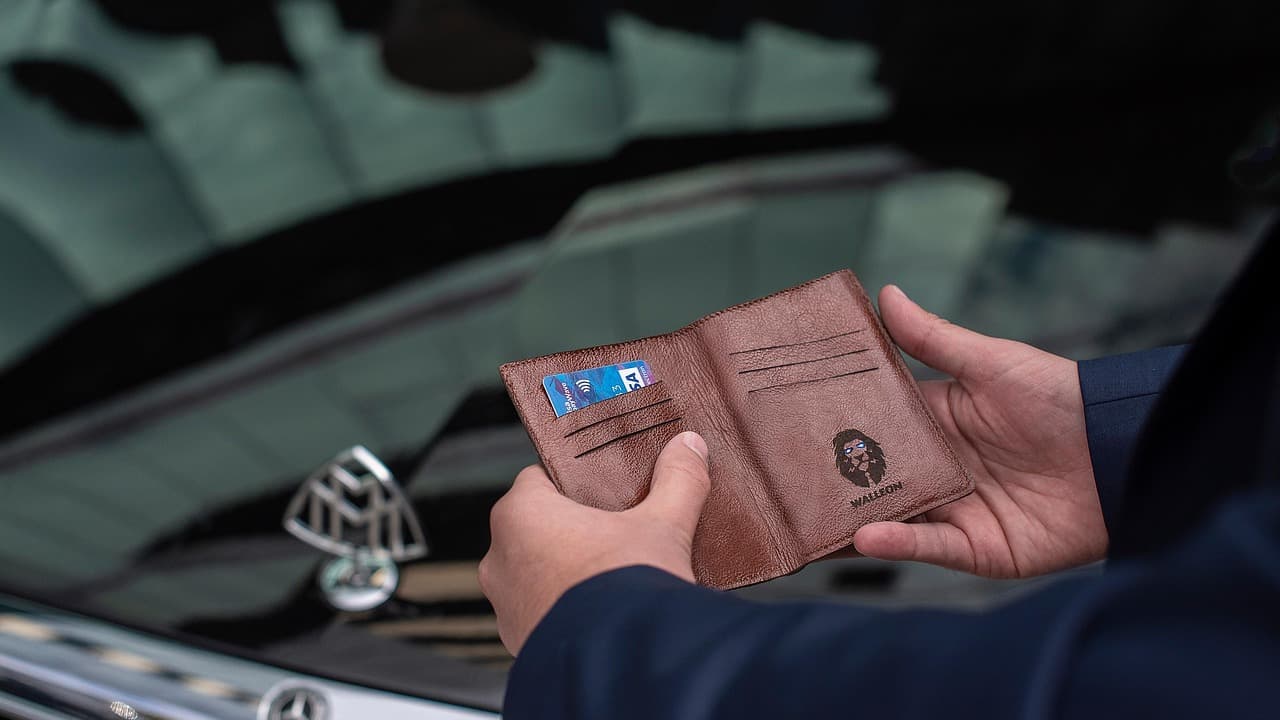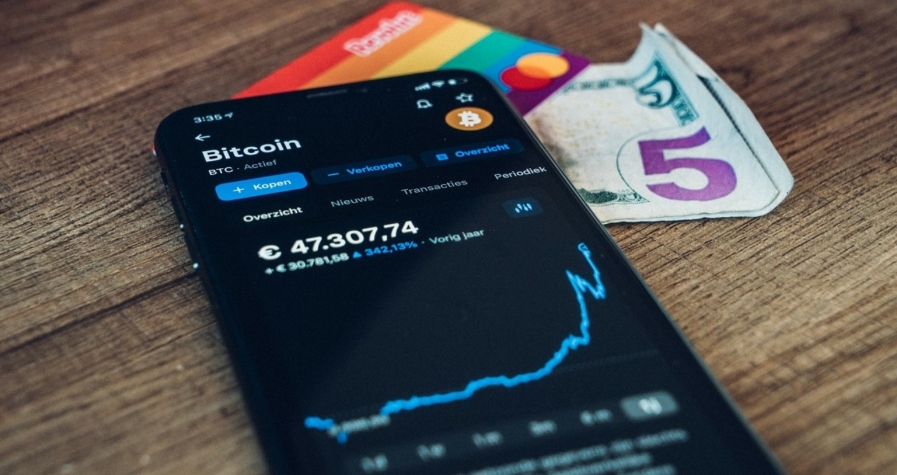Stories about hacks and lost passwords have been hitting the headlines lately, and it has been a nightmare for many. But the thing is, if you know the basics, securing your crypto is not as complicated as it seems.
Understanding hot and cold wallets is the key. Once you know how each one works, you’ll easily figure out how to keep your coins secure.
Why Crypto Storage Matters
Think of leaving all your savings outside your door. That’s what happens when people don’t secure their crypto. The digital world has thieves too, always looking for easy targets.
Crypto is yours alone. Unlike banks, there’s no support if it gets stolen. So, choosing the right storage is crucial.
So what is a Hot Wallet?
In a simple way we can say a hot wallet is what actually connects to the internet. It’s more like a digital purse on your phone or computer.
- Mobile apps like Trust Wallet or Coinbase Wallet
- Web wallets that run inside your browser
- Exchange wallets where your crypto sits on a trading platform
They’re great for quick access and daily use.
Pros and Cons of Hot Wallets
Pros:
- Easy to set up and use
- Perfect for quick trades and payments
- Usually free or very cheap
Cons:
- More vulnerable to hacks and malware
- If your phone or laptop gets compromised, so does your wallet
- Not ideal for large amounts of crypto
What is a Cold Wallet?
We can say a cold wallet is like a safe that never goes online. It’s always tucked away in your house, making it super secure.
Types of cold wallets include:
- Hardware wallets like Ledger or Trezor
- Paper wallets with printed QR codes and keys
- USB devices that store your crypto keys offline
They’re not as quick to use but are a safe place for your savings.
Pros and Cons of Cold Wallets
Pros:
- Extremely secure against hacks
- Perfect for holding large amounts of crypto
- Gives you full control over your private keys
Cons:
- Costs money (hardware wallets aren’t free)
- Less convenient for daily use
- If you lose your recovery phrase, your coins are gone forever
Know the Primary Differences between Hot Wallets vs Cold Wallets
Here’s a quick side-by-side look to make it crystal clear:
| Feature | Hot Wallets | Cold Wallets |
| Internet Connection | Always online | Completely offline |
| Security | More exposed to attacks | Highly secure |
| Convenience | Great for everyday use | Best for long-term storage |
| Cost | Usually free | Hardware wallets cost money |
| Best For | Small amounts, active trading | Large amounts, long-term hold |
When to Use a Hot Wallet
The best usage of hot wallets are when you need quick access to your crypto. They work well for everyday transactions. And they are a simple choice for beginners who are just starting out. Most traders who move coins around frequently also find them handy.
Think of it like keeping cash in your pocket — enough for coffee, shopping, or a few small expenses, but never the money you rely on for long term security.
When to Use a Cold Wallet
On the other hand, cold wallets are all about safety. They are the go to option if you are holding larger amounts of assets and want peace of mind. Most long term investors who do not trade often usually prefer them.
A cold wallet can be considered like a digital safe deposit box. When your coins are stored there, they are locked away, far from hackers and online risks.
Best Practices for Crypto Storage
Even with the right wallet, good habits are key. Here are a few golden rules:
- Enable two-factor authentication everywhere you can
- Never share your private keys or seed phrase
- Keep backups of your recovery phrase in a safe place
- Split your funds between hot and cold wallets for balance
- Stay alert to scams, phishing links, and fake wallet apps
Final Thoughts: Finding the Right Balance
There is no one right answer when it comes to storing crypto. Both hot wallets and cold wallets have their place in keeping your coins safe. A hot wallet works well for small amounts and quick transactions, while a cold wallet is best for long term savings. Using both gives you the perfect balance of convenience and security.
Crypto is not just about making money. It is about protecting what you have earned. Once you take control of how you store it, you will feel more confident, more secure, and far less worried about the “what ifs”.
Disclaimer: All information provided on Fomotalks.com is for informational purposes only. It should not be considered financial advice. Always do your own research before investing in cryptocurrencies.



